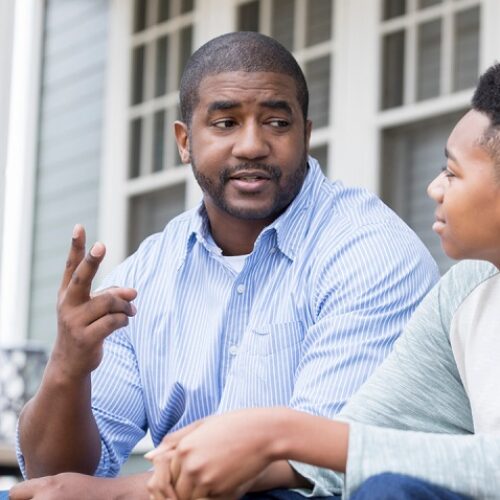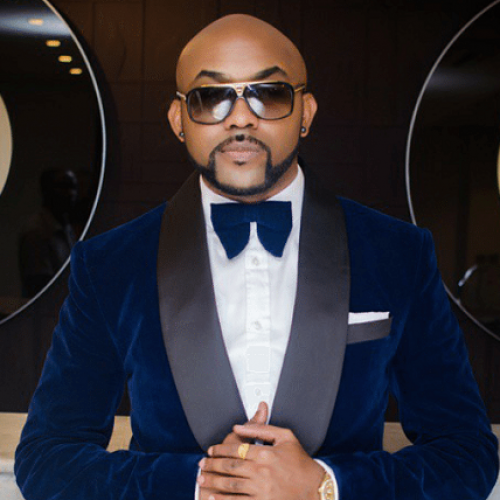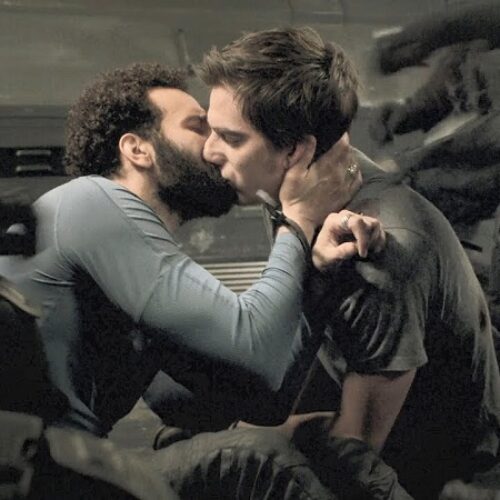Opinion: Subtle Homophobia Is The New Blatant Homophobia
A few weeks ago, I went to the library to return a dreadfully boring book. That’s when I encountered a group of the biggest, most ignorant jackasses in the world. No matter how hard I try to forget about those losers, their willful ignorance topped with their heavy New York accents is seared into my cerebellum, just like that awkward Pokémon Go porno.
There were four guys and two girls. They were talking about homophobia, only none of them appeared to be members of the LGBTQ community based on how ignorantly they spoke about the LGBTQ community. They spoke about homophobia as though they were victims of it — as if they understood it better than LGBTQ people. I was absolutely stunned when one of them, with a hideous green shirt on, said, “Homophobia isn’t real. Faggots just want free sympathy and free shit.”
While fags like me are guilty of enjoying free things — not because of my queer identity, but because I enjoy free things, homophobia remains a dark cloud that looms over my head. I wish I could cancel homophobia just as I cancel great singers when they’re exposed for being blatantly homophobic, but I can’t. I experience homophobia every day. So, what gives a cis-heterosexual person a right to cancel homophobia and deny my experiences?
Treating homophobia like a Wookie or the Loch Ness Monster is not helping; it is, however, a clear demonstration of how easily cishet people erase the struggles of queer lives. Either that or cishet people have a very unclear definition of what homophobia is. Homophobia is not always obvious hate crimes, ugly slurs, and blatant discrimination — more often than not, homophobia is subtle, microaggressive and promotes ugly stereotypes about our community.
Just a few years ago, I barely understood what homophobia was. I believed that it was similar to my fear of spiders (I am deathly afraid of spiders. I once threw out an entire bag of clothing because a spider crawled into it). Homophobia is nothing like that.
No one is afraid of queer people, not even the 36-year-old woman who admitted to me that she is “afraid of the LGBT community” because lesbians “always call her beautiful” and “try to grab her butt.”
The term “homophobia” has evolved since it was coined by Dr. George Weinberg, a cis-heterosexual man, in the 1960s. Weinberg coined the term after observing his colleagues’ behavior after he invited his lesbian friend to a party. “I coined the word homophobia to mean it was a phobia about homosexuals,” he said. “It was a fear of homosexuals which seemed to be associated with a fear of contagion, a fear of reducing the things one fought for — home and family. It was a religious fear, and it had led to great brutality, as fear always does.”
However, decades later, the LGBTQ community’s fight for visibility ultimately shaped — and continues to shape — what “homophobia” means now.
Homophobia isn’t always being called well-known slurs like “sissy” or “faggot.” It isn’t always being chased out of neighborhoods when we’re holding hands with our lovers. Homophobia isn’t always direct. Homophobia can be as microaggressive as a small, cancerous lump on someone’s breast. If we leave the small lump untreated, it can develop into something altogether deadly. We should apply this analogy to homophobia; ignoring those microaggressive forms of homophobia can transform it into something deadly or traumatic.
Homophobia can be harmful implications about our sexual morality. For example, I observe how my family members watch me around my younger male cousins as if I’m going to sexually assault them because of my queer identity.
Homophobia can be a harmful implication that I want to have sex with every male that I encounter.
I’ve observed how quickly my father sexualizes my friendships with women (so that he can make me uncomfortable). This is a form of homophobia.
I’ve observed how my aunt’s demeanor changes when she speaks to me (bending her wrist and talking in an overly dramatic feminine voice when speaking to me). This is a form of homophobia.
Whenever I catch a cold, people say I could be HIV positive. This is a form of homophobia. There are too many ways for someone to be homophobic without bringing up my sexuality or dropping the F-bomb.
[Originally published on INTO]
About author
You might also like
Should I Mind My Business? (The Pressure Of An Older Gay’s Responsibility)
There are two teenagers that live in my compound. They’re about thirteen or fourteen. One is Igbo, Obinna, and he stays with his much older brother who is loud, aggressive
“It Is One Of The Oldest Campaign Strategies Ever.” Nigerian, Ijeoma Chinonyerem, Says Of Banky W’s Voters Card Collection Situation
Ijeoma Chinonyerem is no stranger to Kito Diaries. She penned her thoughts regarding the LGBT activism during Ally Week, and as someone who is usually outspoken, she is speaking again
Opinion: Finally, A Major Hollywood Movie With A Gay Romance
Originally published on The Guardian Netflix’s glossy comic book adaptation, The Old Guard, might be led by Charlize Theron, but it’s the love story between two men that draws attention










2 Comments
Dee
May 01, 09:36This is absolutely apt. A lot of these micro aggressions go unchecked and are cancerous to the struggle of LGBTQI. That tired narrative that one wants to sleep with every man or woman he/she meets is sickening to say the least. Ignorant at best.
These narratives, however subtle are dangerous. Thank you for sharing this piece.
J
May 01, 23:46Don’t give a damn! Seriously, I can’t stay with anyone that will make me feel bad for not conforming to their ideology. Get a job and be independent, family is so overrated. Shot them all out, you’re not responsible for their ignorance! This article makes me feel so bad ?